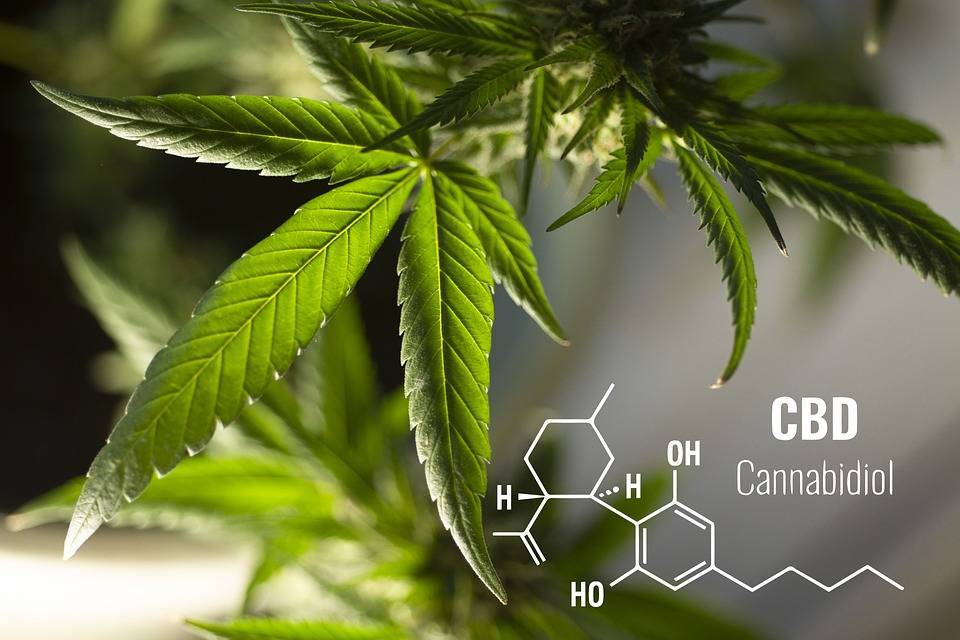Epilepsy affects 70 million people around the world, and is one of the most common neurological diseases. Like other diseases, it is more prevalent in areas with few economic resources. 70% of patients with epilepsy respond well to existing drugs, but the remaining 30% have a limited response to medication, with seizures persisting. Patients with refractory epilepsy have a poorer quality of life, so it is important to seek pharmacological alternatives for them.
Cannabidiol (CBD) has been shown to be effective in controlling seizures in Dravet syndrome and Lennox-Gastaut syndrome. These are two types of epilepsy with various types of seizures, which occur frequently and often have a limited response to medication. The first is a very severe form of epilepsy that starts in the first year of life with seizures caused by fever. The second is also a type of childhood epilepsy involving frequent seizures. There are often also intellectual disabilities and behavioural problems. Before Epidyolex (Cannabidiol) was approved by the FDA, different studies had already proven that administering 100% purified CBD to patients with Dravet syndrome reduced seizures in half of patients, and it was even observed that they completely stopped in 5% of patients. Very similar results were obtained for Lennox-Gastaut syndrome.
In 2021, the Spanish National Health System approved funding for Epidyolex’s commercialisation. Likewise, the drug Clobazam was found to improve the response of Cannabidiol. In clinical trials, a majority of patients who showed improvement were taking a combination of Cannabidiol with Clobazam.
In recent decades, new drugs with different mechanisms of action have been researched in order to help control seizures in these patients. Cannabidiol (CBD), a compound derived from cannabis, was already known to have anticonvulsant properties, but it also has other beneficial effects, for example in the treatment of chronic neuropathic pain, tremor, headache, Tourette syndrome and sleep disorders related to neurological diseases. Medical use of cannabinoids has long been tightly controlled due to their use as a drug of abuse, but in recent years progress has been made in the safe use and responsible prescription of medical cannabis under different clinical conditions.
Marijuana, or cannabis, is a plant that contains more than 100 compounds, the two most abundant of which are tetrahydrocannabinol (THC) and Cannabidiol (CBD). TCH is the compound that causes cannabis’ psychotropic effects, and has been preclinically observed as having properties that promote convulsions. However, CBD is an antiepileptic and does not induce the psychological effects of THC. In initial preclinical studies, CBD was shown to be anticonvulsant in 6 animal species in 80% of cases.
In any case, CBD has demonstrated its significant beneficial effects in the difficult-to-treat neurological condition of refractory epilepsy. This pharmacological advance has already had a substantial impact on the quality of life of these patients, most of whom are children.




